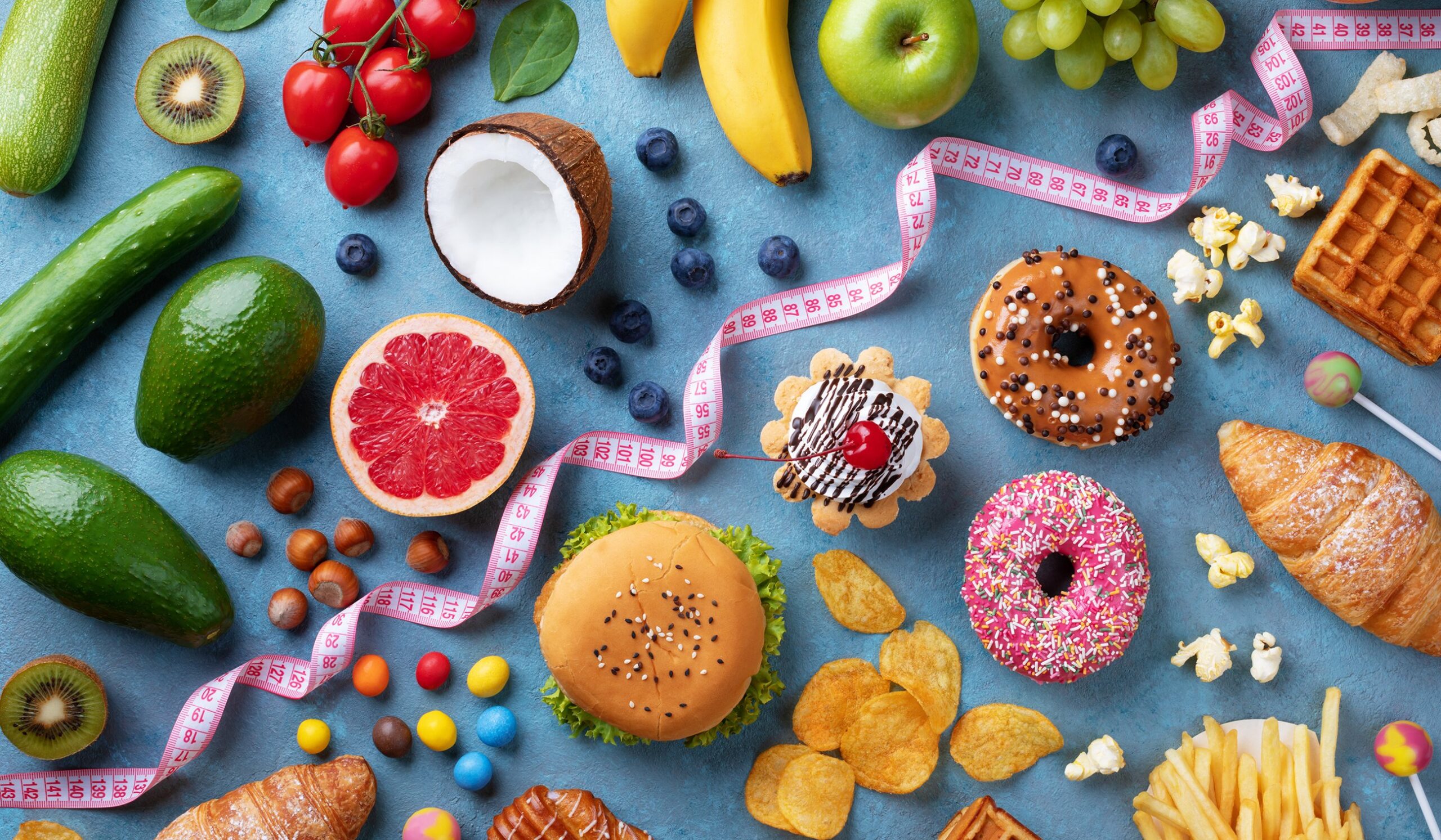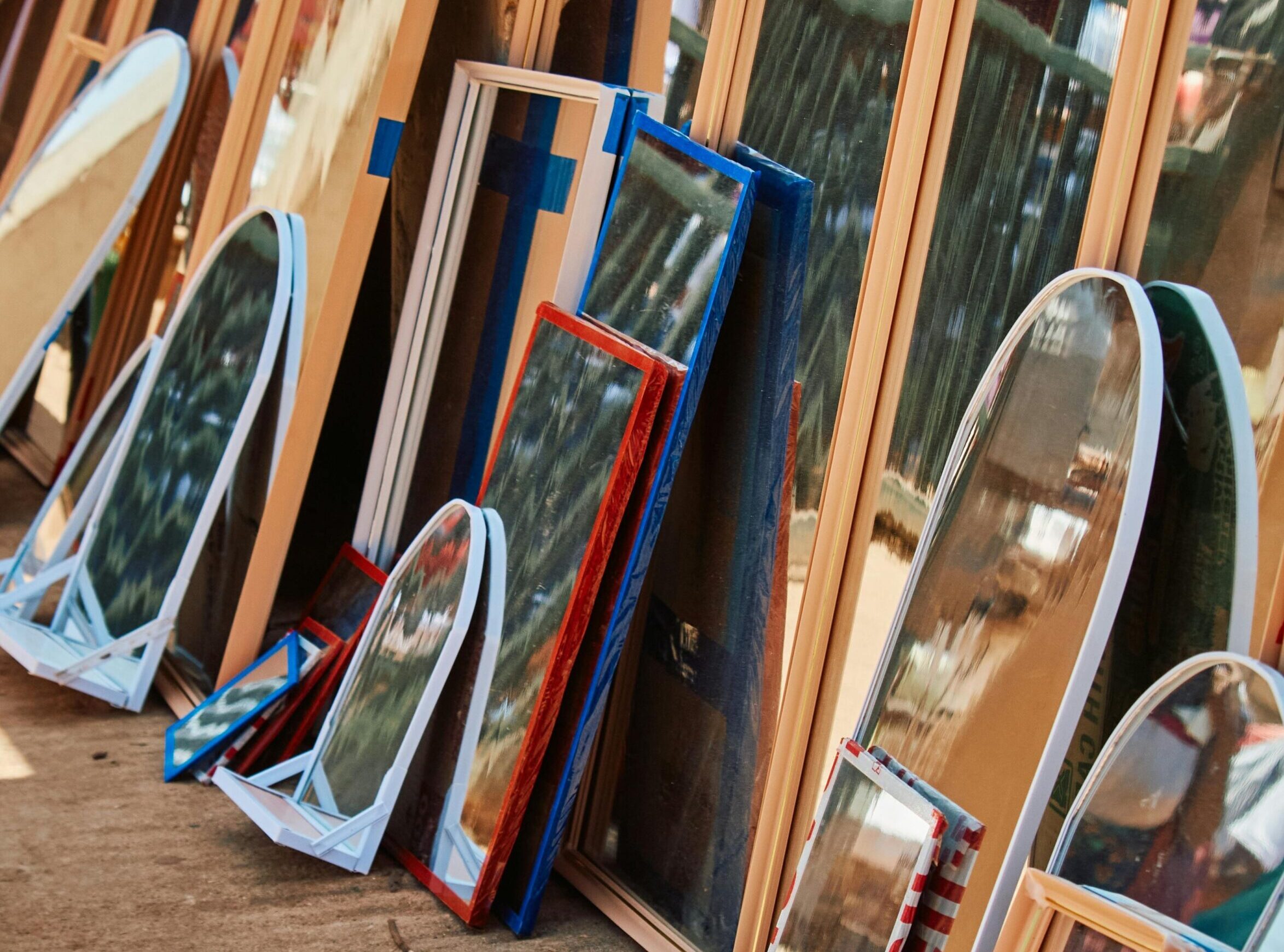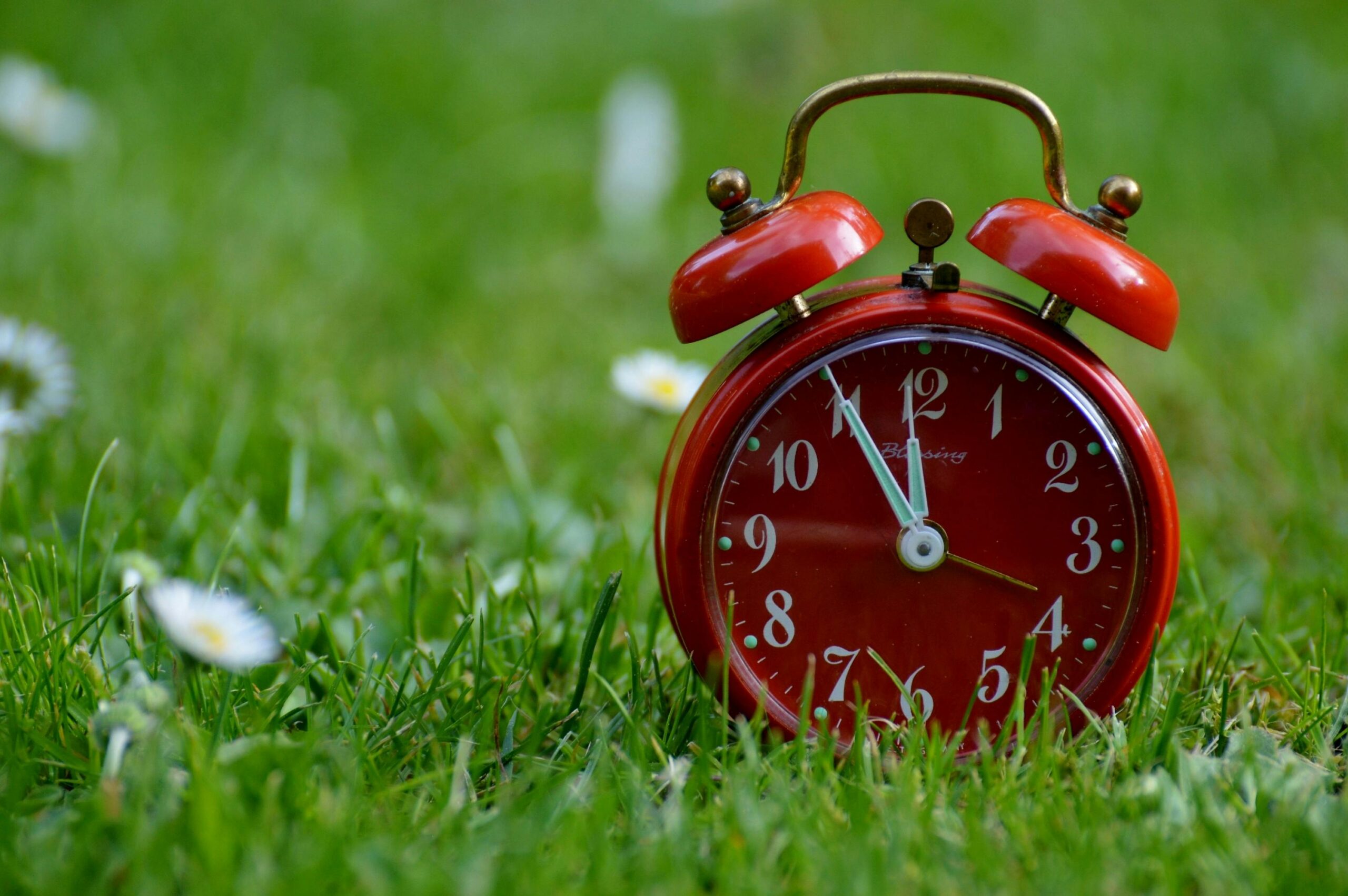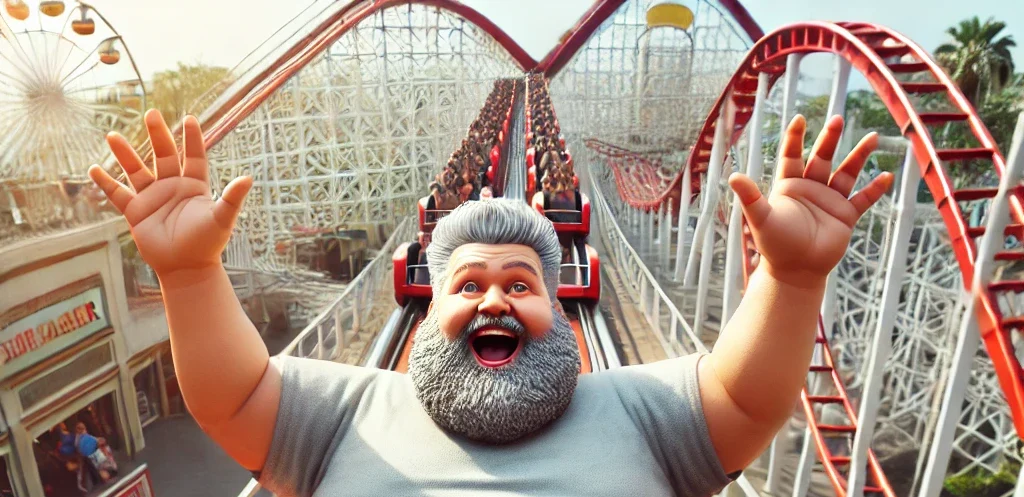Muscle memory is a fascinating thing. It’s what allows us to type without looking at the keyboard, tie our shoes in the dark, or navigate the pantry with military precision, whether we need to or not. For those of us on a weight loss journey, muscle memory doesn’t just live in our biceps or quads; it lives in our habits, our routines, and even our reactions to seeing our own reflection.
Take the pantry, for example. I’ve lost over 140 pounds, yet there I am, walking by the pantry like it’s my long-lost friend. I don’t even want anything in there, I’ve stopped stocking the krimpets that used to call my name like a siren. But the habit is still there. Walk by. Open the door. Lean against the kitchen island. Stare into the abyss as if snacks might magically appear. It’s not hunger; it’s pure muscle memory. And let me tell you, breaking that habit is harder than saying no to a second helping at Thanksgiving dinner.
Is It Muscle Memory or Just Me?
They say you can change muscle memory in 21 days, but I’ve got questions. Does that apply to weight loss muscle memory too? Because after months of healthy eating, I still find myself wandering into the kitchen at 9 PM, opening the fridge, and just… staring. Not to eat, mind you. Just to confirm, apparently, that nothing new has materialized since dinner.
And then there’s the mirror. For years, I avoided mirrors like they were out to get me. Walk past one? Look away. Accidentally catch my reflection. Nope, don’t recognize that person. Now, even after transforming my body, I still sometimes catch myself turning away, out of habit. The funniest part? When I do finally stop and look, I hardly recognize myself. “Who is this slimmer, healthier person?” I think. And then I chuckle because even my brain hasn’t caught up to my progress.
The DNA Debate
Sometimes I wonder if my DNA is just wired differently. Do some of us have a genetic predisposition to open pantries for no reason? Is there a hereditary trait that makes us believe mirrors are for other people? I like to imagine my ancestors standing around a campfire, instinctively reaching for a phantom pantry door.
But here’s the thing: muscle memory isn’t permanent. It can be rewired. Scientists say habits can be changed, but it takes effort, consistency, and maybe a little humor to get through it.
Breaking the Habit Loop
One of the biggest lessons I’ve learned is that breaking old habits isn’t about willpower; it’s about replacing those habits with better ones. So, when I catch myself opening the pantry, I’ve started doing something productive instead, like grabbing a glass of water or prepping for tomorrow’s meals. It’s not about denying the habit but redirecting it into something that serves me.
When it comes to the mirror, I’ve decided to face it head-on—literally. Every morning, I take a moment to really look at myself and appreciate how far I’ve come. It’s not vanity; it’s gratitude. Because this is a new me? I worked hard for it.
Humor in the Habits
Of course, humor helps. Like the time I instinctively grabbed a bag of chips at a party and then stood there holding them, realizing I didn’t even want them. Or when I walked into a store and headed straight for the plus-size section before remembering, “Oh wait, I don’t need to shop here anymore!” These moments are funny, but they’re also reminders of how much I’ve changed—and how much my muscle memory still needs to catch up.

Building New Muscle Memory
They say it takes 21 days to form a new habit, but let’s be honest—some habits are more stubborn than others. The real secret is consistency and patience. Keep walking past the pantry without giving in to the urge to peek. Keep pausing at the mirror until you can truly see and appreciate the new you staring back. Muscle memory isn’t just about avoiding old pitfalls, it’s also about building new routines. Now, when I grab my workout gear, it feels as natural as grabbing my morning coffee. Whether it’s hitting the rowing machine or heading out for a walk, my body is starting to crave movement in the same way it used to crave snacks. It’s a reminder that, with time and repetition, we can retrain both our muscles and our minds.
Muscle Memory in Action
Muscle memory isn’t just about the big habits, it’s the small, everyday actions that shape how we live. For instance, many of us have the ingrained habit of grabbing a snack when we sit down to watch TV, even if we’re not hungry. It’s not about needing food; it’s just what we’ve always done. Or how about the way some of us instinctively grab the largest plate at a buffet, even when a smaller one would suffice? These automatic actions can feel so hardwired that it takes conscious effort to undo them.
For seniors over 60, muscle memory can manifest in ways that reflect decades of routines. Maybe it’s the habit of reaching for a sugary coffee creamer because it’s how you’ve started your mornings for the last 30 years. Or it might be skipping that morning walk because your body tells you it’s “rest time,” even though a brisk walk could do wonders for your energy. These patterns are deeply ingrained, but the good news is they’re not set in stone.
The same concept applies to positive muscle memory with exercise. For example, once you’ve established a habit of stretching before bed or taking daily walks, your body begins to crave the movement. Seniors might also find themselves rekindling old joys, like gardening or dancing, which not only keep the body active but bring back happy memories. Over time, these actions become second nature—your muscles and mind start working together to make the healthier choice feel effortless.
There’s also something beautiful about building new muscle memory with the wisdom and perspective that comes with age. When you retrain yourself to prioritize health, you’re not just fighting old habits, you’re creating a new version of yourself. The next time you walk past a pantry or skip the dessert table at a family gathering, remember this: every small win is a step toward a healthier muscle memory and a stronger future.
Community Support
Breaking old habits and building new muscle memory is easier when you’re not doing it alone. That’s where community comes in. Sharing these funny, awkward, and even frustrating moments with others who understand makes the journey so much more bearable—and a lot more fun.
So, what about you? Do you still find yourself reaching for snacks you don’t need or avoiding mirrors out of habit? Let’s laugh about it together and support each other as we rewrite our muscle memory. Because if I can retrain my brain to stop opening the pantry door, there’s hope for all of us.



